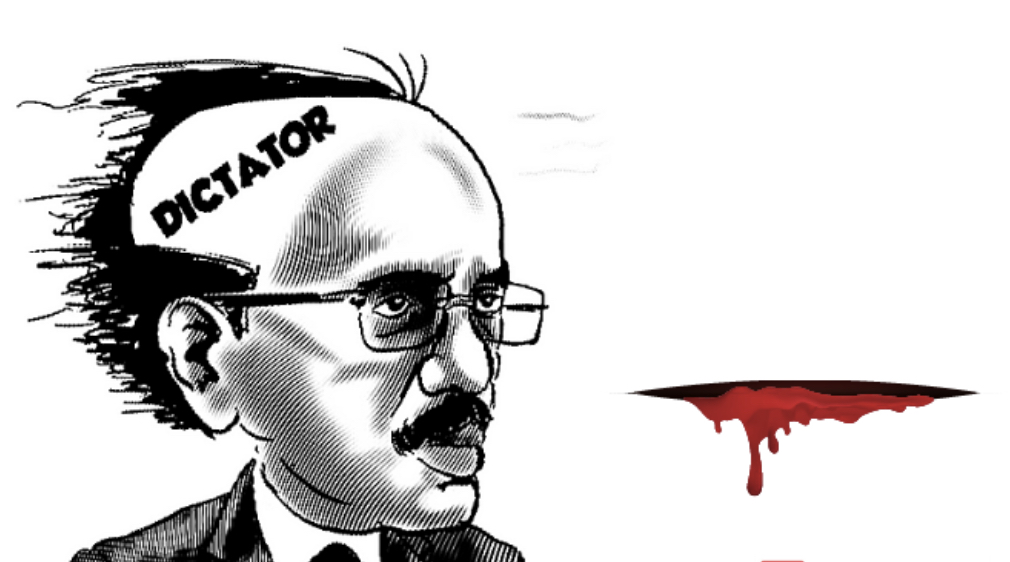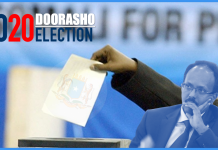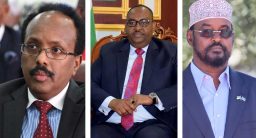Share the post "Separation of Powers Between Somali Parliament & The Executive Branch"
The election process continued for almost 20 months -September 2020-April 2022, never seen in the history of any kind of political elections. It represents a shameful political history of Somalia, The procedures of the indirect elections, which were clear and simple to follow to secure acceptable elections, were set aside because of the political tit-for-tat between warring camps instigated by the merciless political power grab pursued by Former president Mr.Farmajo from day one of his term in office…
In general, the 11th parliamentary election was the worst in the Somali history because the implementing regional authorities deliberately disregarded to adhere to the principles of openness, transparency, and prevention of election violence prescribed under article 46 (2, 3) of the provisional constitution and scandalously abused the clear and fair procedures laid out for the implementation of the indirect elections. The election administration was far from using the state power for serving national interest. President Farmajo is the godfather of the poisonous political division and election fraud that thrived under his leadership.
Overall, the experience of the 11th parliamentary election leaves behind bitterness and deep-seated dangerous perception of illegitimacy of the state institutions – the parliament, the president, and the council of ministers-, which would be a major obstacle to the formation of viable federal government in Somalia. Thus, the real concern is that the 11th federal parliament could most probably fail to fulfill its constitutional responsibilities of representation, legislation, and oversight of the executive and became a rubber stamp of the president and executive as the 10th federal parliament because of the unpatriotic and corrupt character of the members of the federal parliament and the obliteration of the division of power between the legislature, the presidency, and the executive.
Mohamed Isse Trunji, in his recent article assessing the performance of the State Institutions – the Parliament, the President, and the Council of Ministers (the executive) – for the past 10 years, concluded that the ruling class failed to recognize the important principle of separation (division) of powers between the institutions of the federal state for checks and balances as required in the provisional constitution to strengthen the democratic system of governance. The continuation of the deliberate disregard or the lack of understanding of the fundamental principle of separation of powers between the state institutions in the next 4 years will guarantee the total failure of the federal government of Somalia.
Sixty five percent (65%) of the members of the 11th federal parliament are neophytes in politics and unfamiliar with the constitution and parliamentary functions and regulations. More dangerously, their loyalties lie with their sponsors and self-interest rather than with the constitution and their oath of office to serve the public interest. In addition, there is strong perception that the majority of the parliamentarians are loyal to foreign countries. The challenge is how to overcome the multiple ills that are impediments to the revival of the Somali State.




